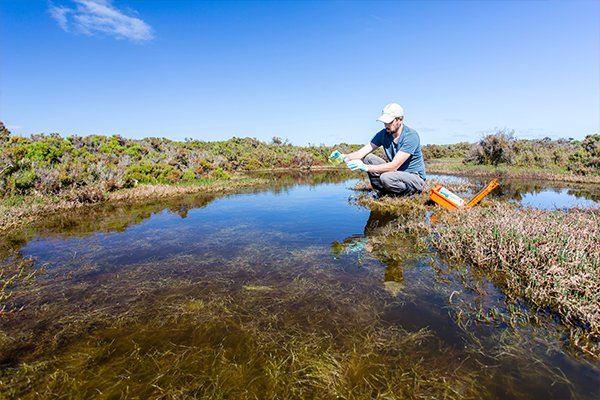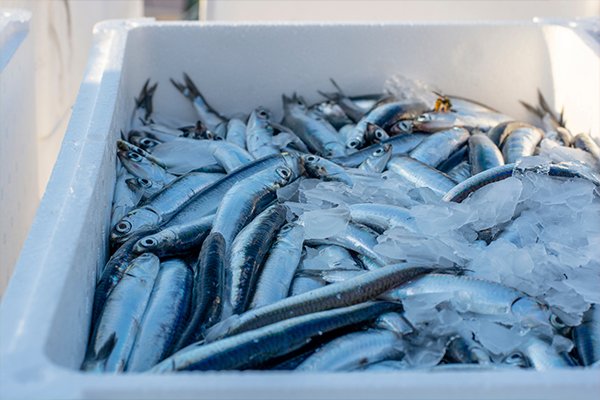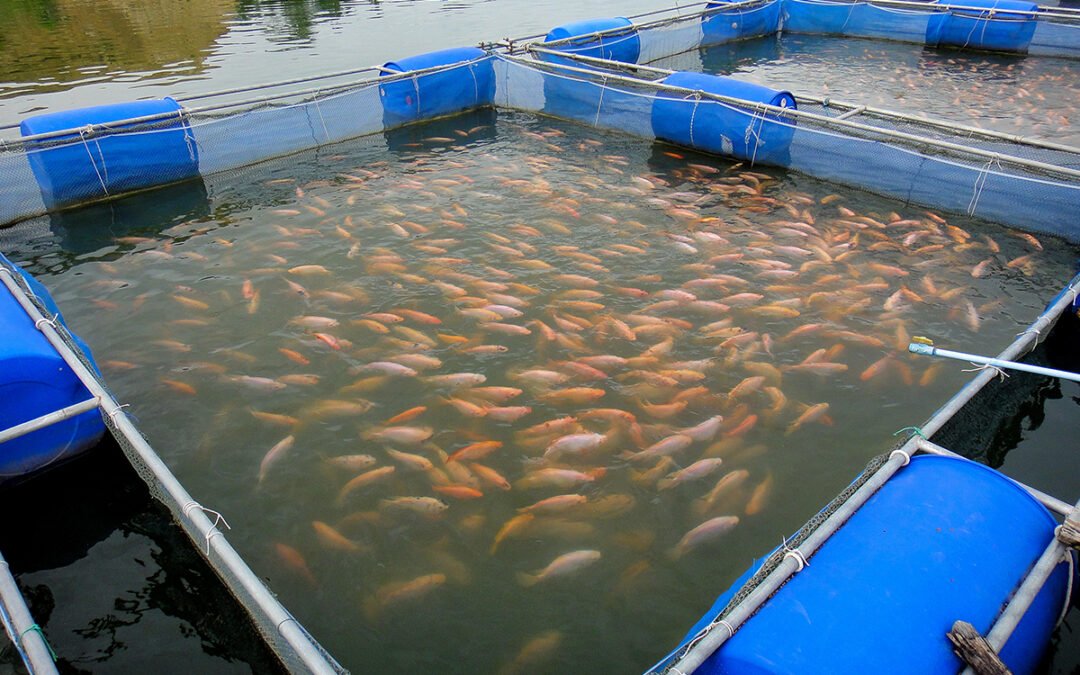The effects of adding various salt doses (0, 2 and 4 g/L) to transport water on stress and antioxidant parameters of Nile tilapia (Oreochromis niloticus) were evaluated by biologists from the Peoples’ Friendship University of Russia (RUDN University), the Federal Institute of Education, the Iranian Fisheries Sciences Research Institute, Science and Technology Catarinense, along with the Gorgan University of Agricultural Sciences and Natural Resources after 3 hours of transportation in the water.
Previous research on the use of salt in transport water has shown that adding 1 and 2 g/L of salt lowers the bacterial burden while adding 4 and 8 g/L increases Nile tilapia longevity. The researchers found no information on the advantages of salt for reducing stress, maintaining a healthy balance of minerals, or enhancing antioxidant capacity in Nile tilapia.

The antioxidant measures generally indicate that adding salt to the water can lessen the oxidative.
The deterioration of water quality, which is harmful to fish, is one of the obstacles to fish transportation. The metabolic rate, oxygen consumption, and ammonia excretion are all increased by the stress of transportation. Thus, reducing stress while in transit can prevent the deterioration of water quality, even if the researchers found that adding salt to the water had no positive effects on the levels of dissolved oxygen and ammonia.
On the other hand, adding 2 or 4 g/L of salt to the water decreased cortisol and/or glucose increases, indicating a stress-relieving impact. According to the study’s findings, adding 4 g/L of salt to the water can also lessen the stress experienced by Nile tilapia while being transported. The study also stated in a news release that the current results imply that the addition of salt to the water may lessen osmotic disturbance in fish. This is likely because there is a lower osmotic gradient between the fish body and the surrounding water as a result of this.
After a stressful event, levels of antioxidant enzymes and non-enzymatic antioxidants frequently rise to protect cells from the damaging effects of oxidative stress caused by too many reactive oxygen species. The antioxidant measures generally indicate that adding salt to the water can lessen the oxidative situation while transporting fish.

The addition of salt to the water may lessen osmotic disturbance in fish.
The deleterious effects of transport-induced oxidative conditions on fish liver tissue can be suppressed by adding salt to the water, particularly at a concentration of 4 g/L. Less oxidative circumstances have also been linked to increased hepatic ALT and AST values and stronger liver cell integrity, according to research.
Additionally, the study’s conclusion said that the representative findings showed that adding salt to the water offers advantages for the transportation of Nile tilapia. Although there is no advantage in regards to the quality of the water, fish carried in brackish water exhibit a lower degree of stress, less liver damage, less hepatic oxidative stress, and a better hydromineral balance.



















